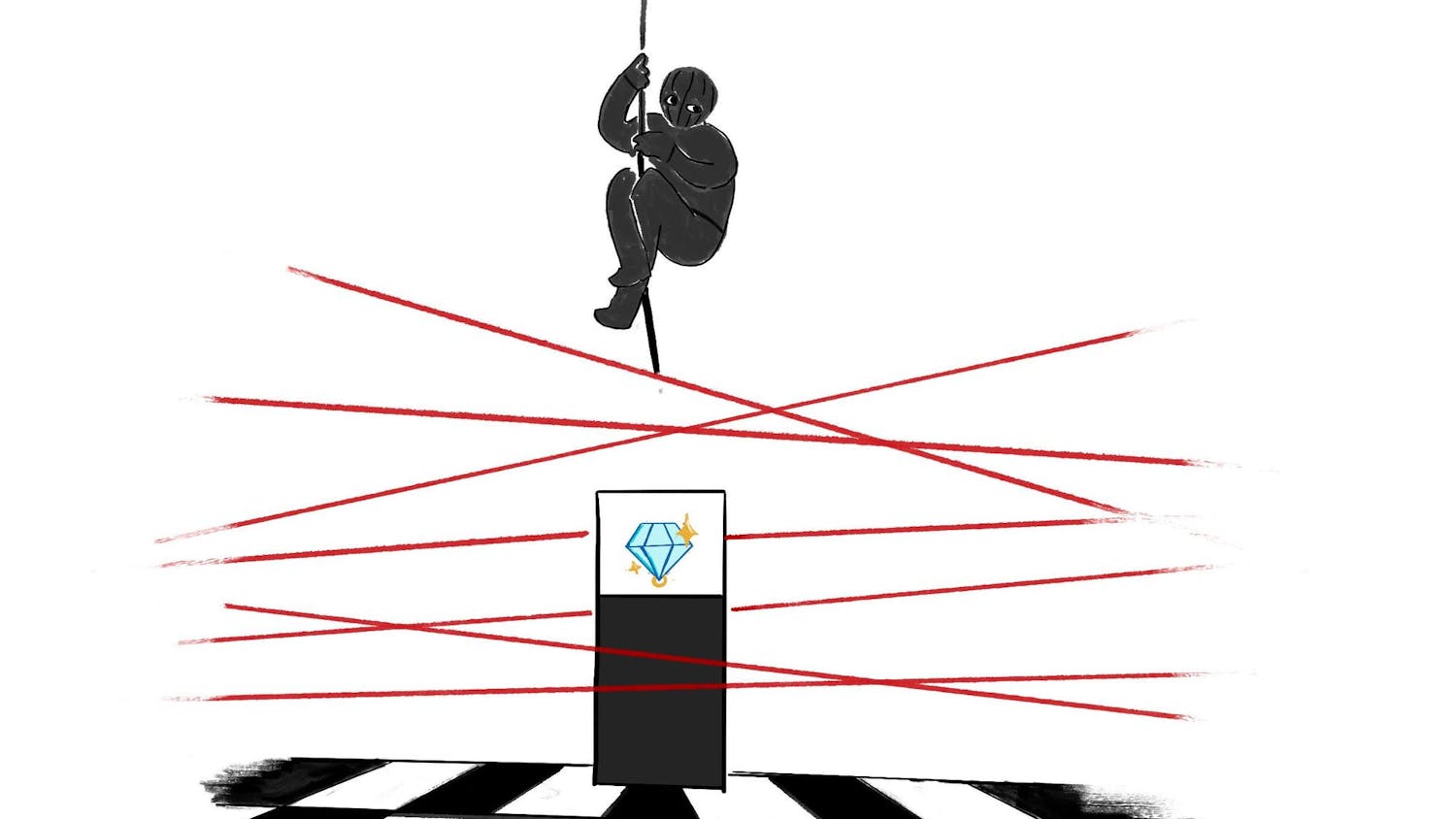Attempts to repeal and replace Obamacare, tax reforms and CVS buying Aetna for $67 billion all affected the field of healthcare in 2017, and these changes have definite implications for college students like the ones in Auburn, according to healthcare professionals.
“The greatest impact that healthcare will pose on young adults is the motivation to live healthy lifestyles that reduce and prevent illnesses or diseases,” said
At the intersection of health and technology, the healthcare industry is hoping to bring in increased young, healthy individuals to support our aging population going forward.
“Technology pertaining to health care will continue to engage young adults in being proactive in managing their own health outcomes,” Singleton said, highlighting this intersection.
Technology and the coordination of this technology will guide much of the healthcare system going forward.
The technology that is being implemented across the field of healthcare is intended to streamline care and reduce costs by avoiding duplication of treatments or services.
”As innovators create and improve healthcare technology, telehealth will become a major care-delivery method that will impact and provide benefits to all people,” Singleton said.
No longer will you have to get out of bed when you are sick. The doctors of 2018 and beyond will increasingly be coming to the patient with the availability of telehealth.
Who should be covered by health insurance, how they should be covered and who is going to pay for it will continue to be hot topics in political and social debates as we transition from students to young adults.
These decisions will affect young adults’ health, well-being and pocketbooks throughout their career.
Singleton believes the most important of these decisions is the cost of healthcare in the United States and how it is going to be financed.
“We should analyze factors used to calculate the cost of providing health care and determine if those factors appropriately enhance the nation’s healthcare system,” he said.
Once these factors have been determined, we must face the question of who or what is going to pay for it. The answer may be people’s salaries.
After revising resumes for the hundredth time, grinding through numerous phone interviews and waiting for what seems like months to hear back students may finally get that job offer, but before accepting without reading the fine print, new hires will need to make sure to ask whether their companies provide health insurance.
Singleton has advice on negotiating for or buying health insurance in a job offer.
“Most employers are transparent with the compensation package offered by the company,” Singleton said. “Before interviewing with a company, try to find out what the company provides to the employee as benefits. … Health care is expensive, and life is unpredictable. If the company offers health insurance, get the coverage that you need. If healthcare insurance is not offered, research a reputable insurance provider and obtain the cost of coverage for you and your spouse and dependents.”
When going into job offer negotiations, be mindful of more than just salary and make sure you are informed on if you are covered, she recommended.
The healthcare landscape will continue to change in 2018, and students will be forced to make decisions that will impact most of their working careers.
Do you like this story? The Plainsman doesn't accept money from tuition or student fees, and we don't charge a subscription fee. But you can donate to support The Plainsman.




